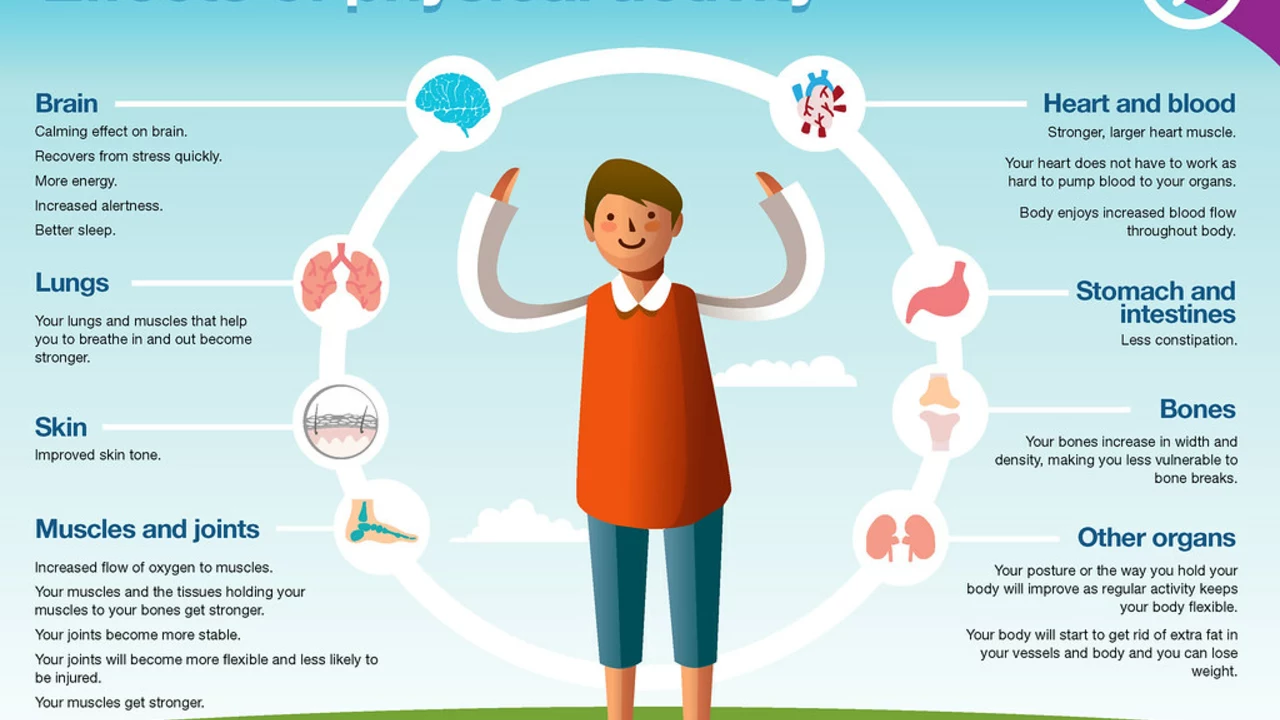
Calcium supplements can block bisphosphonate absorption by up to 94%. Learn the exact timing rules to make your osteoporosis treatment work, avoid side effects, and prevent fractures.
Strong bones aren’t just about avoiding a fracture; they affect how you feel every day. Women lose bone density faster after menopause, so paying attention now can save you pain later. In this guide we’ll cover simple diet changes, quick workouts, and the right supplements to keep your skeleton in good shape.
The easiest way to protect your bones is to fill your plate with calcium‑rich foods. Dairy like milk, yogurt, and cheese are classic choices, but fortified plant milks, tofu, almonds, and leafy greens work just as well. Aim for about 1,200 mg of calcium a day if you’re over 50; younger adults can target 1,000 mg.
Vitamin D helps your body absorb calcium, so don’t skip the sunshine or a daily dose. A short walk outside in the morning gets some UVB exposure, and a supplement of 800–1,000 IU is often enough for most women. If you have limited sun, consider fortified orange juice or a vitamin D pill.
Weight‑bearing exercises are the best workout for bone density. Think walking briskly, jogging, dancing, or hiking – anything that makes your legs work against gravity. Do at least 30 minutes most days of the week.
Strength training adds extra benefit by forcing muscles to pull on bones, which stimulates growth. Simple moves like squats, lunges, and push‑ups with proper form can be done at home with no equipment. Start with one set of eight reps and build up as you feel stronger.
Balance exercises such as tai chi or yoga reduce the chance of falls, a major cause of fractures in older women. A few minutes each day focusing on single‑leg stands can make a big difference.
Besides food and movement, keep an eye on risk factors like smoking, excessive alcohol, and certain medications that thin bone. Talk to your doctor about a bone density test (DEXA scan) if you’re over 50 or have a family history of osteoporosis.
If diet alone isn’t enough, supplements can fill gaps. Calcium carbonate is cheap but needs food for best absorption; calcium citrate works on an empty stomach. Pair any calcium supplement with vitamin D to boost effectiveness. Always follow the label and avoid taking more than 2,000 mg of calcium a day without medical advice.
Putting these steps together doesn’t have to be overwhelming. Pick one food change, add a short walk, and schedule a doctor’s appointment for a bone test. Small actions add up, and your future self will thank you for stronger, healthier bones.

Calcium supplements can block bisphosphonate absorption by up to 94%. Learn the exact timing rules to make your osteoporosis treatment work, avoid side effects, and prevent fractures.

In my latest blog post, I delve into the relationship between rickets, a condition affecting bone development in children, and physical activity. I highlight the crucial role that regular exercise plays in promoting healthy bone growth and preventing rickets. I discuss how weight-bearing activities, like running and jumping, can help strengthen bones. I also emphasize the importance of a balanced diet rich in vitamin D and calcium. Ultimately, a combination of good nutrition and physical activity is key in maintaining bone health and preventing conditions like rickets.